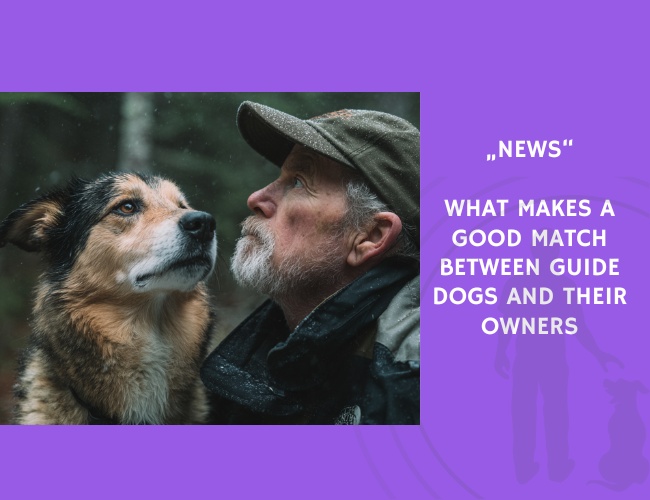Guide dogs serve as vital companions to visually impaired individuals, providing not only navigation assistance but also emotional support and a sense of autonomy. A new study involving 21 guide dog owners uncovers the determinants of what makes a successful and secure dog–owner relationship.
Researchers found that similarity in personality traits—such as calmness, happiness, openness, and friendliness—was frequently cited by owners as a major factor in compatibility. Shared hobbies, matched or greater activity levels in the dogs, and complementary dynamics like dominant–submissive pairings also contributed to successful matches.
Interestingly, a previous relationship with a guide dog played a pivotal role in shaping expectations and the emotional trajectory of the next relationship. While a strong bond with a new dog is generally seen as beneficial, the study notes that it can sometimes bring emotional challenges, such as unrealistic comparisons or overdependence.
Owners who felt similar to their dogs often reported a heightened sense of security and a smoother adjustment process. Conversely, mismatches in energy or temperament could undermine the working relationship. These findings offer practical implications for improving guide dog placement programs, making them more attuned to the psychological and emotional needs of both humans and animals.
Source: Bender, Y., Matschkowski, T., Schweinberger, S., & Bräuer, J. (2023). “An Aid with Soul”—Understanding the Determinants of Guide Dog-Owner Compatibility from Qualitative Interviews. Animals, 13. https://doi.org/10.3390/ani13193000










